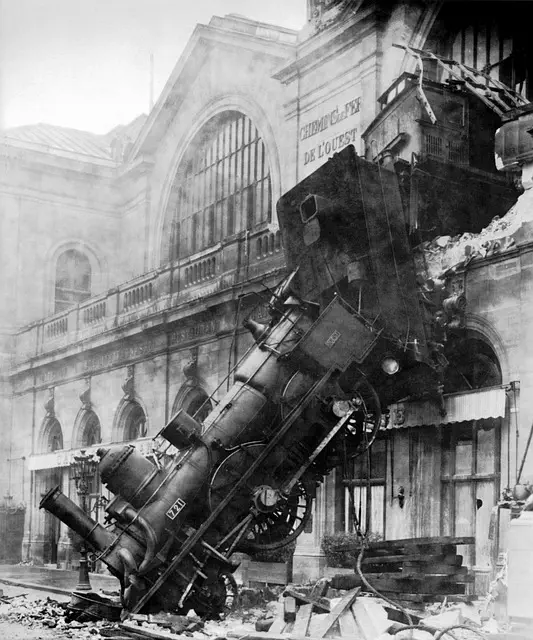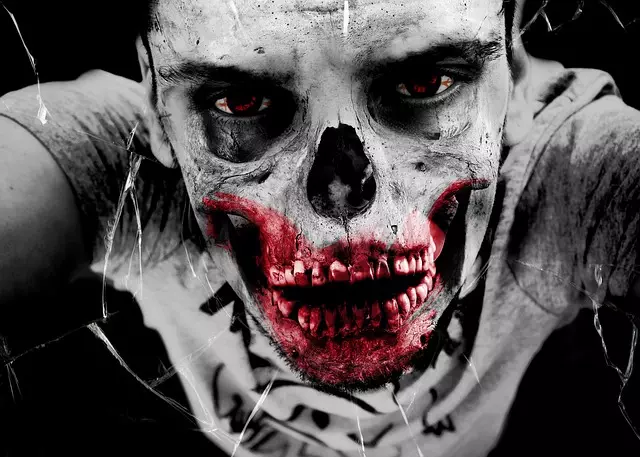In New York City, particularly in the Bronx, where traffic accidents are common, Driving While Impaired (DWI) laws are strictly enforced with severe penalties including license suspension and jail time. Closed head injuries (CHIs), often overlooked yet critical, can significantly impact DWI cases due to their long-term effects on cognitive and physical abilities. Accused individuals must be aware of their rights, consider defense strategies like challenging breathalyzer tests, questioning police procedures, and presenting medical evidence of underlying health conditions. Legal professionals play a crucial role in navigating complexities, offering specialized counsel for favorable outcomes, especially when dealing with CHIs in NYC.
In the vibrant yet bustling metropolis of New York City, especially in The Bronx, understanding DWI (Driving While Intoxicated) laws is paramount. This comprehensive guide delves into the intricate details of NYC’s DWI regulations, with a focus on the impact of closed head injuries, strategic defense options, and navigating the legal process. For those accused, building a robust defense involves leveraging medical evidence and exploring various legal avenues. We explore these aspects to provide a clear roadmap for individuals facing DWI charges in The Bronx, emphasizing the importance of informed decision-making.
- Understanding DWI Laws in NYC: A Comprehensive Overview
- The Impact of Closed Head Injuries in DWI Cases
- Building a Strong Defense: Strategies and Legal Options
- Medical Evidence and its Role in DWI Defenses
- Navigating the Legal Process: Steps After an Arrest
- Resources and Support for DWI Accused Individuals in the Bronx
Understanding DWI Laws in NYC: A Comprehensive Overview

In New York City, Driving While Impaired (DWI) laws are strictly enforced to ensure road safety. It’s crucial for residents and visitors alike to understand these laws, especially given the city’s high population density and traffic volume. NYC’s DWI regulations encompass not only blood alcohol content (BAC) limits but also provisions for exceptions and defenses. For instance, individuals with medical conditions or those facing certain emergencies may have legal protection if their BAC is slightly above the legal limit.
Moreover, New York City’s legal system takes into account the potential consequences of a DWI charge, which can be severe, including license suspension, hefty fines, and even jail time. Individuals accused of DWI should be aware of their rights and the available defense strategies. This includes challenging the accuracy of breathalyzer tests, questioning police procedures, and presenting evidence of any underlying health conditions, such as closed head injuries, that might have affected test results. Understanding these nuances is vital in navigating the complexities of a DWI case in NYC.
The Impact of Closed Head Injuries in DWI Cases

Closed head injuries (CHIs) are a significant concern in DWI cases, particularly in the Bronx, where traffic accidents are common. Unlike visible injuries, CHIs often go unnoticed immediately after an incident, making them subtle yet potent factors in legal defenses. These types of injuries can lead to long-term cognitive and physical impairments, affecting memory, concentration, and even motor skills—all issues that could impact a defendant’s ability to defend themselves or understand the charges against them.
In New York City, including the Bronx, recognizing and addressing CHIs is crucial for effective DWI defense strategies. Legal professionals must look beyond external wounds and consider the potential internal damage caused by trauma. This involves thorough medical investigations and expert testimonies to assess and present a compelling case centered around the defendant’s health and well-being, potentially leading to reduced charges or alternative sentencing.
Building a Strong Defense: Strategies and Legal Options

Building a strong defense against a DWI (Driving While Intoxicated) charge in The Bronx requires a strategic approach, especially considering the potential consequences, including closed head injuries in NYC. One crucial strategy is to challenge the prosecution’s case at every step. This includes questioning the reliability of field sobriety tests, which are often used as evidence, and presenting alternative explanations for a person’s behavior. For instance, an experienced attorney can argue that certain medical conditions or even a closed head injury could impact an individual’s performance during these tests.
Legal options abound when it comes to DWI cases. Defense lawyers might employ tactics such as moving to suppress evidence obtained during the stop, challenging the admissibility of breathalyzer results, and exploring potential police misconduct. Additionally, they can advocate for alternative sentences, especially if there are mitigating factors like a first-time offense or the presence of a medical condition. In cases involving closed head injuries in NYC, it becomes imperative to secure legal counsel who understands these complexities and can navigate the intricate legal landscape to achieve the best possible outcome.
Medical Evidence and its Role in DWI Defenses

In many DWI cases in the Bronx, medical evidence plays a pivotal role in crafting a robust defense strategy. When a driver is accused of driving while intoxicated (DWI), their physical and mental condition at the time of arrest can be crucial factors. Medical records, including those from emergency rooms or hospitals, can provide insights into an individual’s health status, especially if there was any involvement in a traffic accident. For instance, a closed head injury in NYC, sustained prior to or during the incident, could significantly impact a driver’s coordination, judgment, and reaction time, potentially challenging the prosecution’s case that the driver was impaired.
The presentation of medical evidence can help establish reasonable doubt, which is essential for acquittal. Defense attorneys may use this information to argue that any observed symptoms were not solely due to alcohol consumption but could be attributed to pre-existing conditions or recent injuries. This strategy requires a thorough review of an individual’s medical history and a strategic approach to interpret the data, ultimately aiming to protect the rights and interests of the accused.
Navigating the Legal Process: Steps After an Arrest

After being arrested for a DWI (Driving While Intoxicated) in The Bronx, navigating the legal process can seem daunting. The first step is to remain calm and exercise your right to remain silent—refrain from discussing your case with anyone except your attorney. A closed head injury, a common complication of car accidents, could be a mitigating factor in your defense; however, it’s crucial to consult a specialist who understands the legal implications of such injuries in NYC.
The next step involves hiring a qualified DWI attorney who can guide you through each phase. Your lawyer will review evidence, challenge police procedures, and build a robust defense strategy. Depending on the circumstances, they might argue that your rights were violated during the arrest or that the prosecution cannot prove their case beyond a reasonable doubt. Understanding these steps is key to protecting your freedom and ensuring the best possible outcome in your DWI case.
Resources and Support for DWI Accused Individuals in the Bronx

In the Bronx, individuals facing DWI (Driving While Intoxicated) charges can access a range of resources and support systems to aid in their defense. One crucial aspect is understanding the legal process and potential outcomes. Local legal aid organizations offer free consultations and guidance, ensuring accused persons are aware of their rights. These services are vital for navigating the complex legal landscape, especially when dealing with charges that could lead to severe penalties, including closed head injuries, a serious health concern often associated with DWI in NYC.
Support groups and community centers also play a significant role in helping those accused of DWI. Many organizations provide counseling services, focusing on both the emotional impact of the incident and any underlying issues that may have contributed to the behavior. Additionally, these resources can offer practical assistance, such as connecting individuals with experienced DWI attorneys who specialize in navigating the legal system and advocating for the best possible outcome, particularly when a closed head injury is involved.
In navigating the complex landscape of DWI defense strategies in the Bronx, understanding the intricacies of New York City’s DWI laws and leveraging key legal options are paramount. Medical evidence, particularly regarding closed head injuries, can significantly influence the outcome of a case. By employing robust defense mechanisms, individuals facing DWI charges can ensure they receive a fair trial and explore alternative outcomes. Resources tailored to Bronx residents provide essential support throughout the legal process, offering hope and guidance for those accused.
